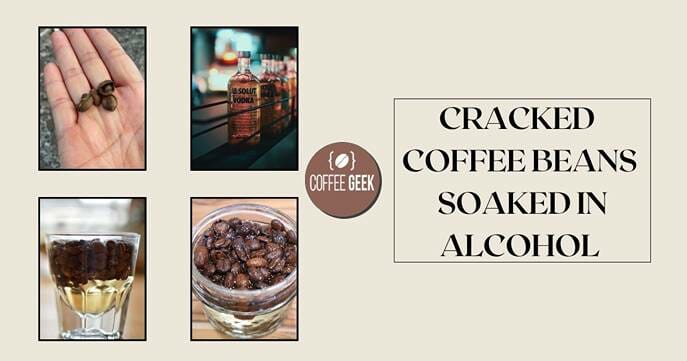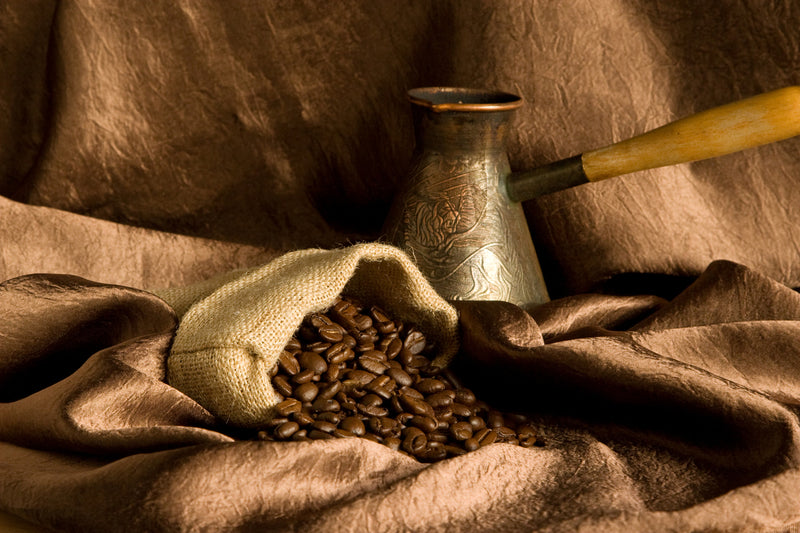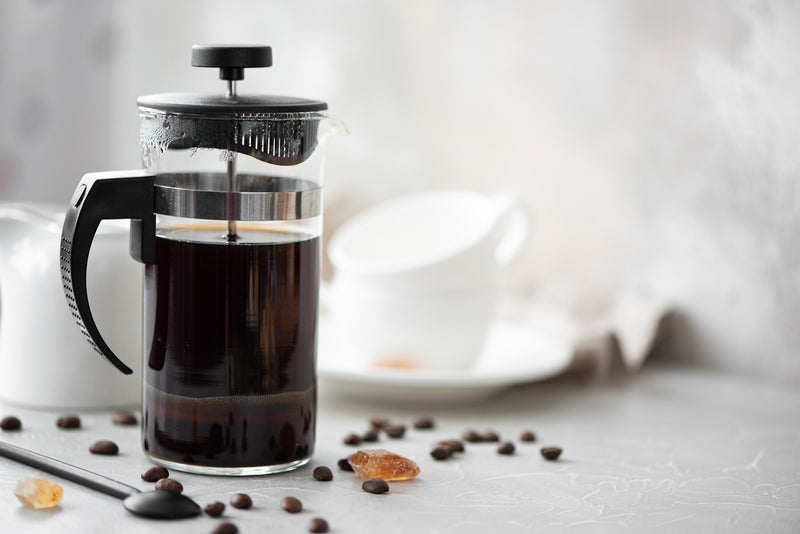Yes, you can eat coffee beans in moderation. Whole, roasted coffee beans are edible and contain the same nutrients as brewed coffee.
Consuming coffee beans provides a similar range of benefits and drawbacks as drinking coffee. These beans are packed with antioxidants and caffeine, which can enhance mental alertness and potentially reduce the risk of chronic diseases. Nevertheless, they are also high in calories and compounds that could lead to heartburn or digestive issues if overconsumed.
Enjoying a small number of coffee beans can give you a concentrated flavor experience, quite different from sipping your usual cup of java. If you’re considering adding coffee beans to your diet, it’s wise to monitor your overall caffeine intake to avoid any unwanted side effects.

The Allure Of Coffee Beans
The allure of coffee beans extends far beyond the cup. Eating coffee beans is a less common practice but offers a unique experience. Raw beans are green, hard, and have a grassy flavor. As they roast, chemical changes occur, developing the distinctive aroma and taste we love in coffee.
Roasted beans become crunchy, with flavors ranging from sweet to bitter. The roasting level can dramatically change the bean’s taste. In the table below, you can see the transition from raw to roasted, alongside the flavor and texture changes:
| Bean Type | Texture | Flavor Profile |
|---|---|---|
| Raw | Hard | Grassy, Earthy |
| Light Roast | Crunchy | Fruity, Mild |
| Medium Roast | Crunchy | Smooth, Balanced |
| Dark Roast | Crunchy | Bitter, Smoky |

Nutritional Profile Of Coffee Beans
Eating coffee beans provides various nutrients. These include antioxidants, such as chlorogenic acid, and caffeine. Each bean packs a powerful punch of energy and health benefits. The benefits include improved focus and reduced risk of some diseases. A small handful of beans is a common serving size.
| Nutrient | Amount per Serving |
|---|---|
| Calories | 5-10 per bean |
| Protein | 0.3 g |
| Fat | 0.2 g |
| Carbohydrates | 1 g |
| Caffeine | 6 mg |
Edible Or Not? Debunking Myths
Coffee beans are indeed edible, but many think otherwise. Myths suggest beans are toxic when raw. Scientific evidence confirms raw beans are safe to eat in moderation. They contain the same antioxidants as your morning brew. A fact often missed is that chocolate-covered coffee beans are a popular snack. Yet, it’s crucial to know that excessive consumption can lead to side effects.
Unroasted beans carry a higher acid level and could upset your stomach. On the flip side, roasted beans have a gentler effect, with rich flavors and aroma enhancing their edibility. Remember, chewing coffee beans gives a stronger dose of caffeine than drinking coffee. Responsible snacking on these beans can offer a healthy boost of energy without harm.

Caffeine Considerations
Eating coffee beans provides more caffeine than drinking coffee. A single coffee bean contains about 6mg of caffeine. In comparison, an average cup of coffee offers 95mg. This means 15-20 coffee beans equal one cup’s caffeine level.
Consuming too many beans can lead to side effects. These include sleep issues, jitteriness, and increased heart rate. It’s important to limit intake to avoid these problems. Children, pregnant people, and those with medical conditions should be extra cautious.
The Eating Experience
Eating coffee beans offers a unique taste experience. Chocolate-covered coffee beans blend two distinct flavors. The texture ranges from crunchy to melt-in-the-mouth. Brewed coffee and espresso beans differ in taste.
For innovative consumption, consider these:
- Blended in smoothies for a caffeine kick
- Mixed with nuts in trail mix for energy
- Ground and added to desserts for a coffee flavor
Safety And Side Effects
Eating coffee beans may lead to digestive issues. Too many beans can cause stomach upset and laxative effects. Drinking water can help ease discomfort. It’s best to eat them in moderation.
Some people may experience allergic reactions to coffee beans. Signs include rashes, hives, or breathing difficulties. Anyone with a coffee allergy must avoid eating them. Tolerance varies from person to person. It’s important to listen to your body’s signals. Those unsure should consult a healthcare professional.
Frequently Asked Questions On Can You Eat Coffee Beans
Is It Ok To Eat Raw Coffee Beans?
Eating raw coffee beans is generally safe in moderation. They contain caffeine and antioxidants, but may also be hard and bitter, potentially causing digestive discomfort.
Can You Eat Coffee Beans Straight Up?
Yes, you can eat coffee beans. However, they are stronger in flavor and more caffeinated than brewed coffee, so consume them in moderation.
How Many Coffee Beans Can You Eat?
You can safely eat a few coffee beans daily, typically up to 25 beans, equating to two cups of coffee. Exceeding this may cause side effects due to high caffeine content. Always consult with your doctor regarding dietary changes.
Is It Ok To Eat Espresso Beans?
Yes, eating espresso beans is generally safe, but consume them in moderation due to their high caffeine content. Enjoy them as a crunchy snack or a flavor boost in desserts.
Conclusion
Eating coffee beans can be a bold way to infuse your day with a caffeine kick. Remember, moderation is key given their potency and potential side effects. Enjoy them as a crunchy snack or a rich garnish to elevate your culinary experiences.
Always prioritize quality and consider any dietary restrictions you have. Ready to explore this java journey? Go on and indulge, keeping balance in mind!

